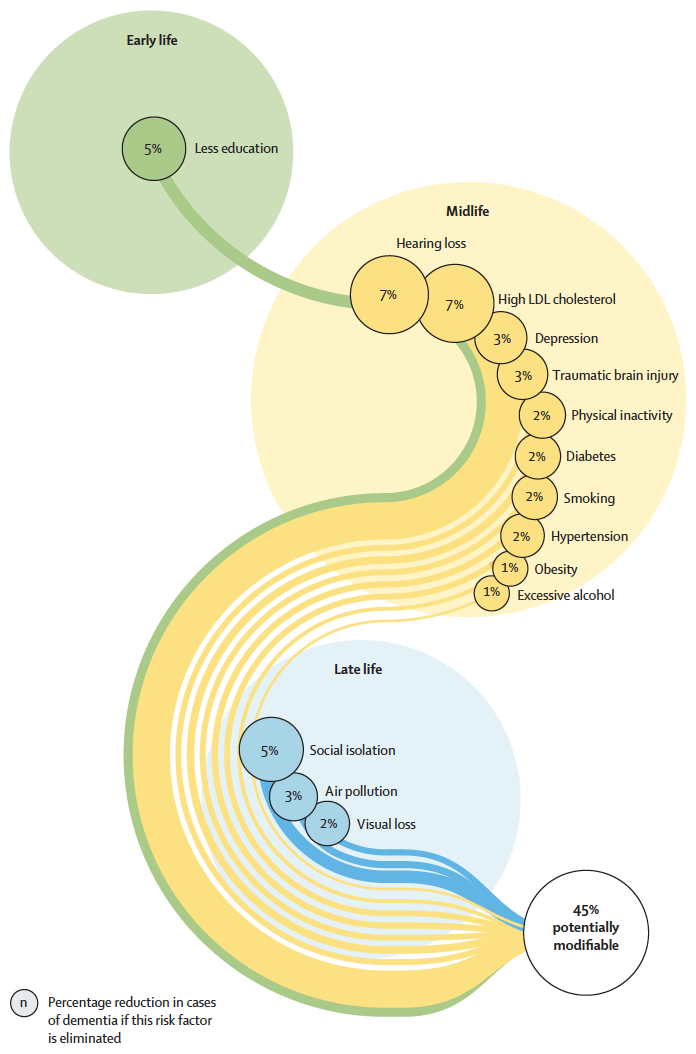
What: Mild cognitive impairment (MCI) often can progress to dementia. However, research suggests that lifestyle modifications may slow or even reverse the course of cognitive decline in those showing symptoms of mild cognitive change. In a study published in the January 2019 issue of Neurology, scientists randomized 160 participants diagnosed with MCI and risk factors for cardiovascular disease to one of four treatment conditions: Aerobic exercise, the DASH diet, health education, and a combination of the DASH diet and aerobic exercise. After 6 months, researchers found that only the combined aerobic activity and diet treatment condition impacted cognition, with significant improvement in executive function (judgment, reasoning). There was no improvement across any of the treatment conditions in other areas of thinking, such as language and memory.
Why This Matters: The evidence for a lifestyle-based approach to reducing risk for cognitive decline continues to grow. This study, which looked specifically at the impact of exercise and diet modifications in those already demonstrating cognitive loss with additional risk factors for dementia, is a further demonstration that changes to our daily behaviors may significantly change our health course. While the study is small, it is well-designed and offers a contribution to our understanding of the role lifestyle choices may play in better managing risk for cognitive decline, especially in those at greater risk for dementia.
The Takeaway: Lifestyle matters. The choices we make each day regarding exercise, diet, and other behaviors play a significant role in our risk for neurological diseases, such as dementia and stroke. And there is growing evidence that such interventions may make a difference in the progression of memory loss for those at risk.
Blumenthal JA, Smith, PJ, Mabe S et al. Lifestyle and neurocognition in older adults with cognitive impairments: A randomized trial. Neurology 2019 Jan 15: 92(3): e212-e233.



